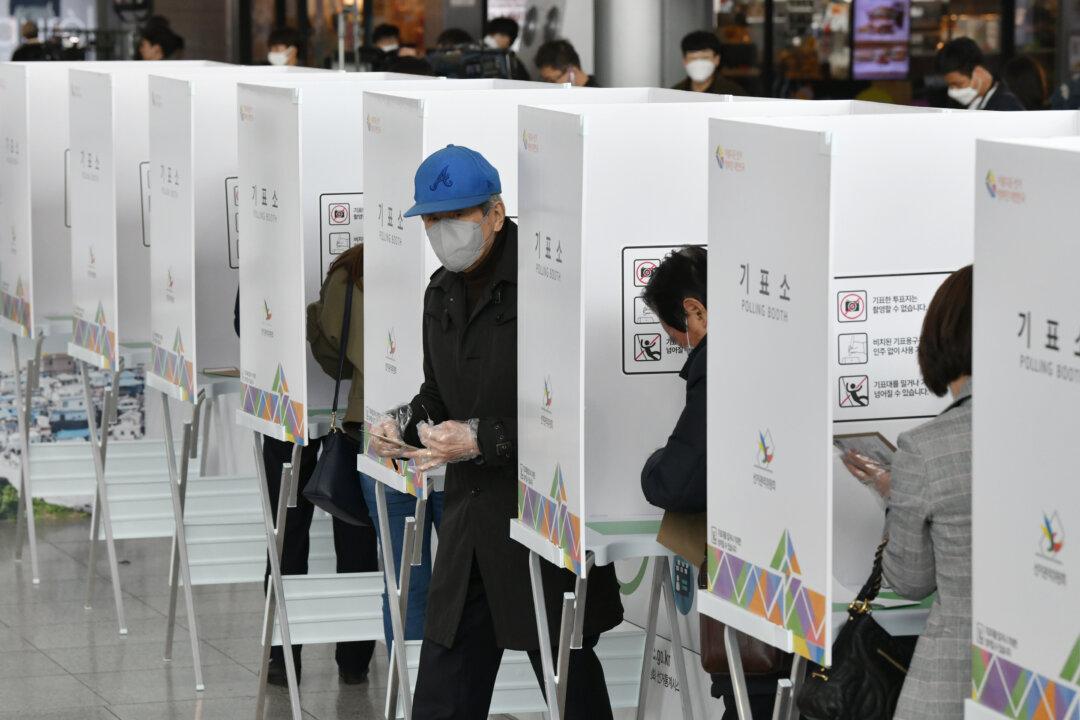Controversy surrounds the recent South Korean elections after former Prime Minister Hwang Kyo-ahn alleged that the Chinese Communist Party (CCP) and North Korea were behind election fraud and demanded that the Yoon Seok-yul government conduct an investigation.
On April 10, South Korea held the 22nd National Assembly elections. The largest opposition party, the Democratic Party of Korea (DP), again won an overwhelming victory, securing 175 seats. Together with other leftist forces and the seats of the New Reform Party, formed by ex-members of the People Power Party, it formed a “super-sized opposition camp against the Yoon Suk-yeol government” with a total of 192 seats.





